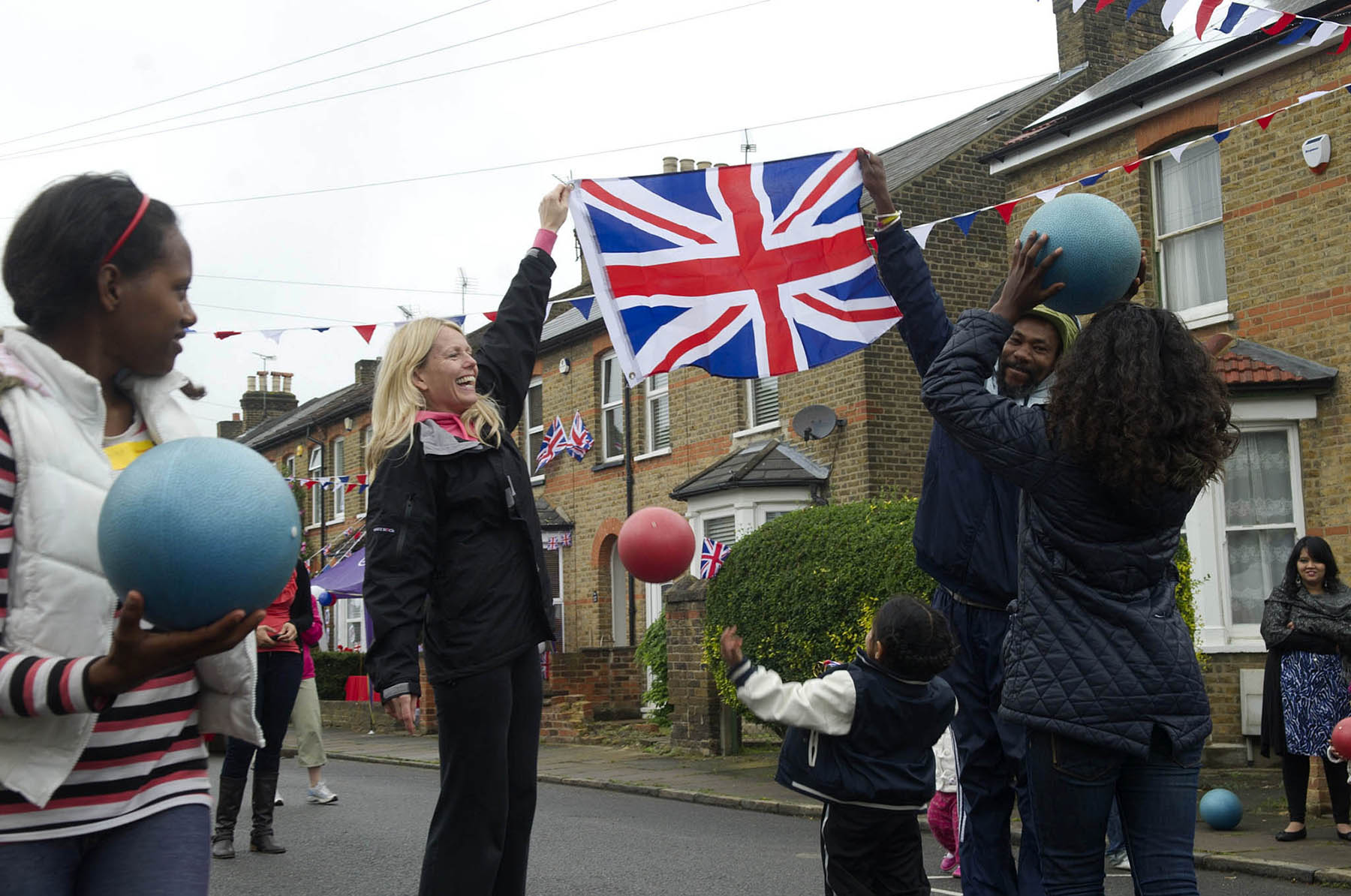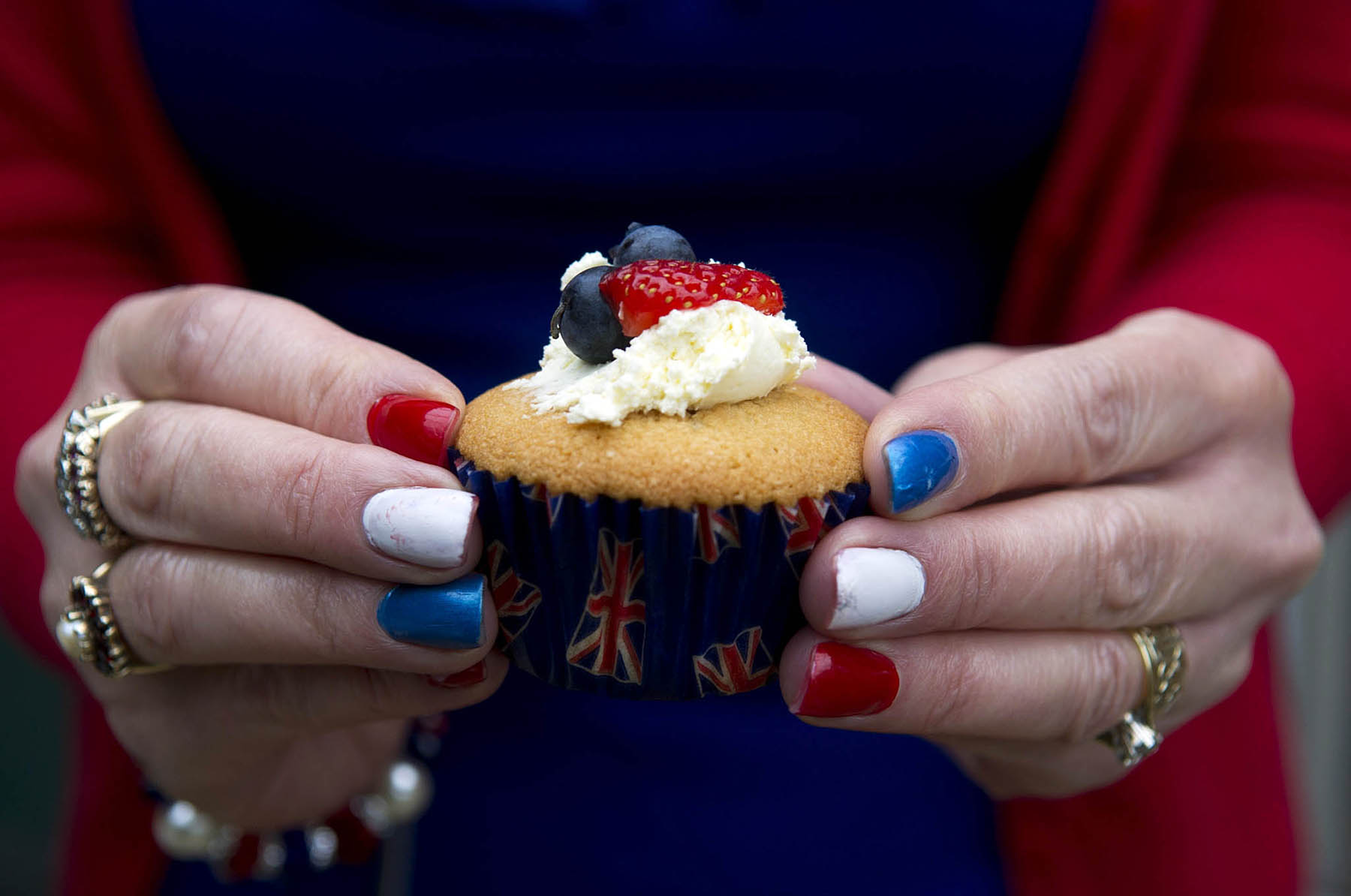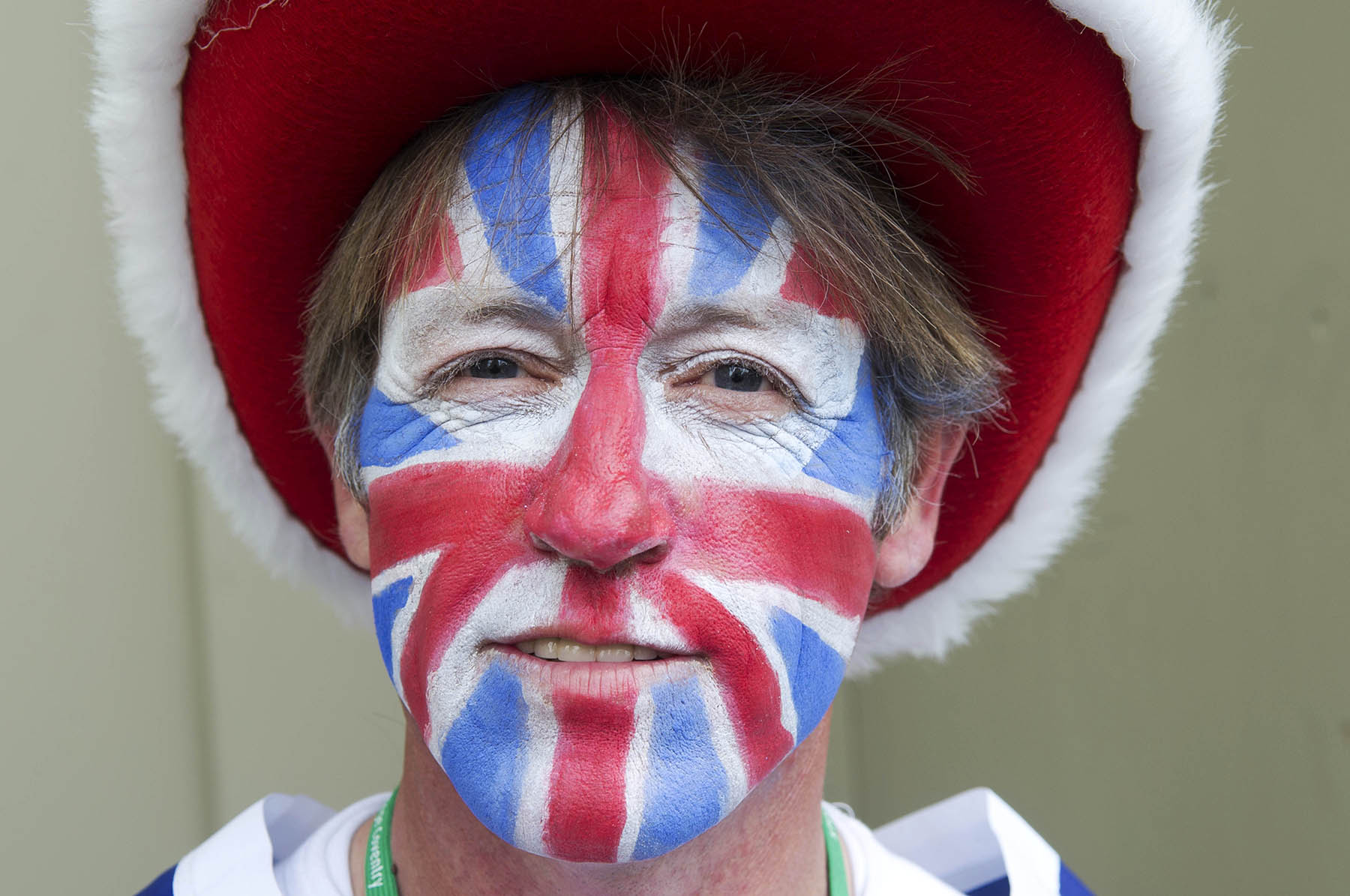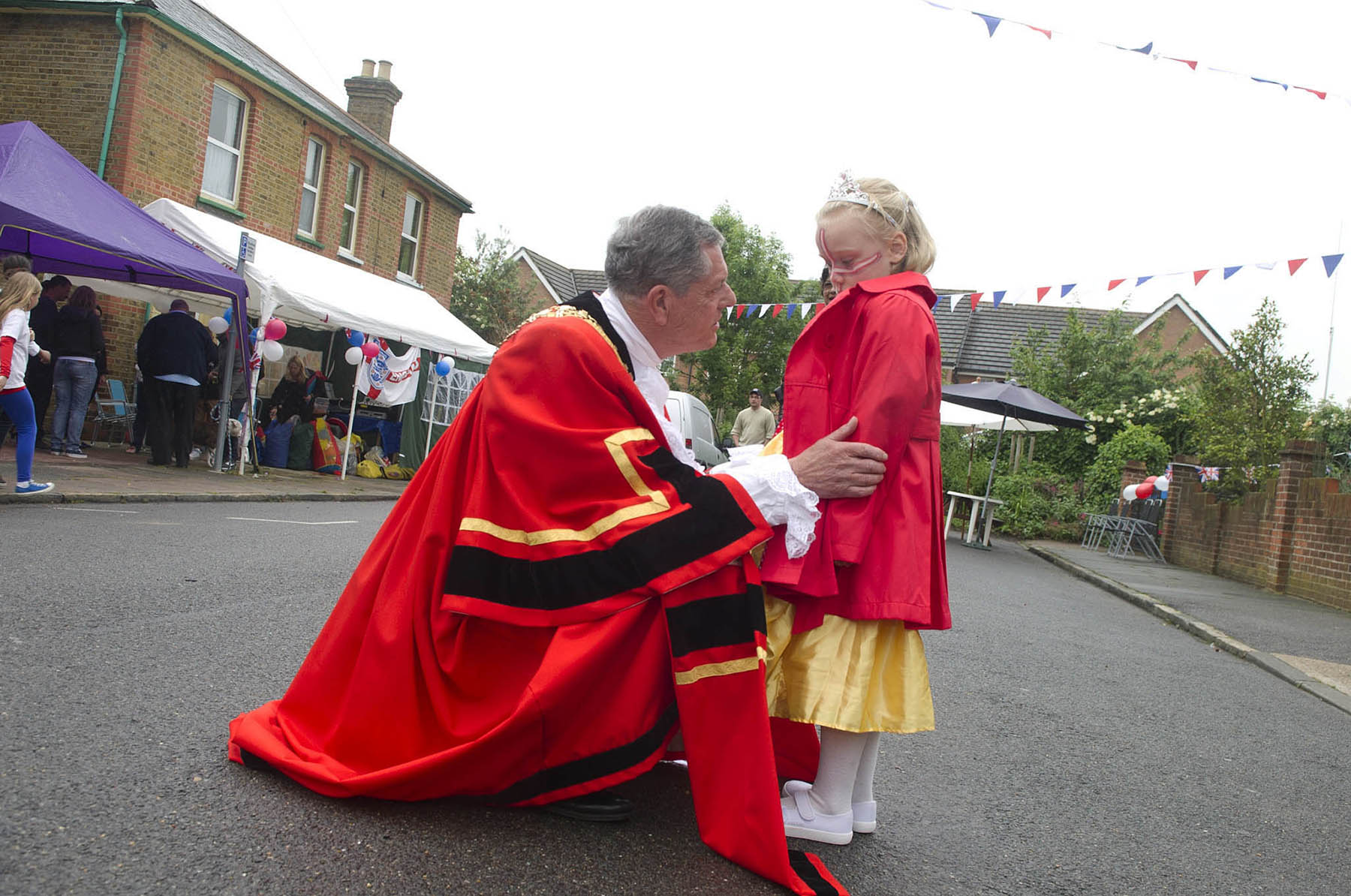

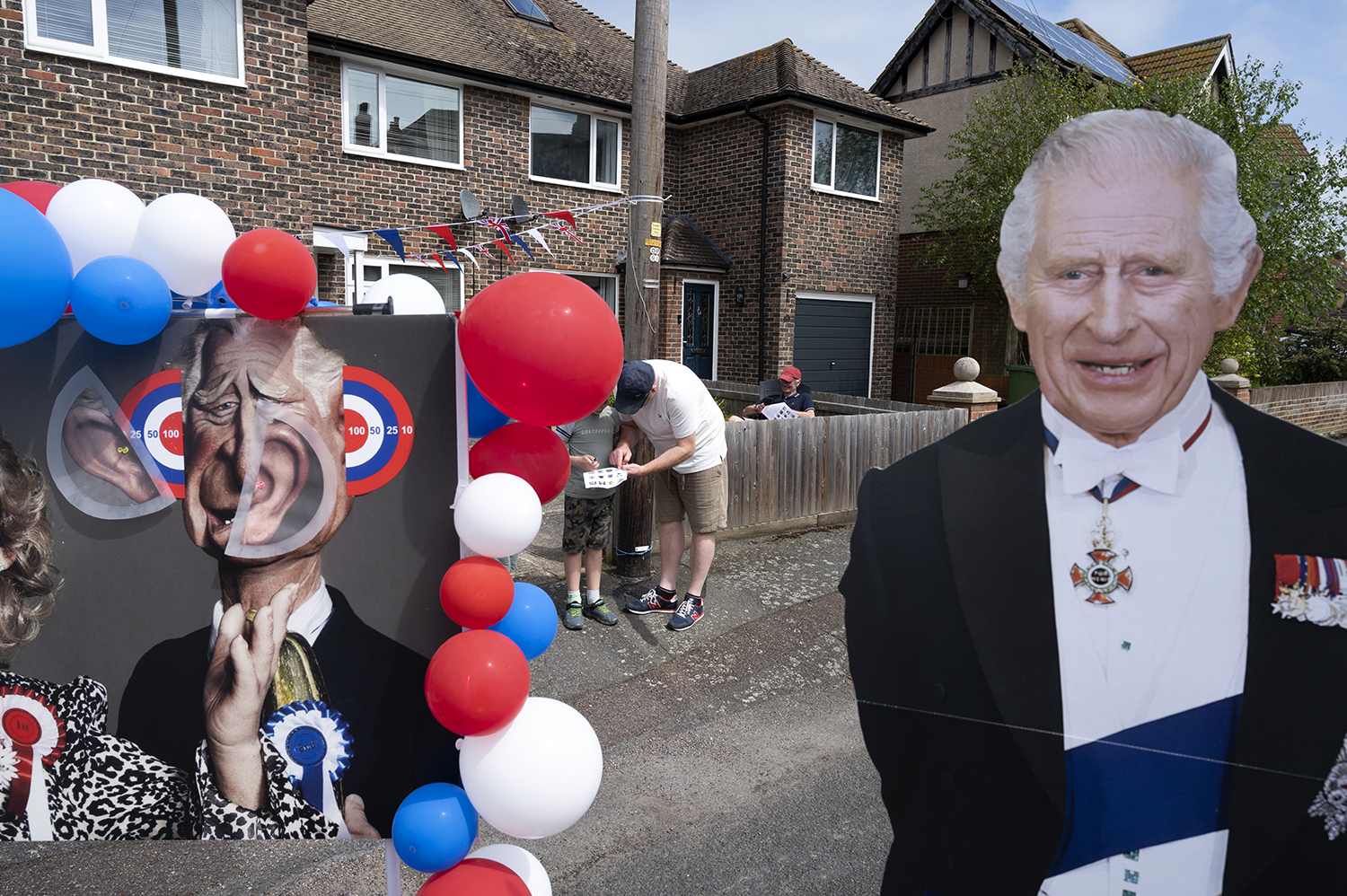
Royal street parties are a long-standing tradition in England and across Britain, often held to celebrate significant royal events such as coronations, jubilees, weddings, and landmark birthdays. These gatherings transform residential streets into open-air venues decorated with Union Jack bunting, flags, and tables laden with food. Neighbours bring homemade cakes, sandwiches, and pots of tea, while children play games and music adds to the festive atmosphere.
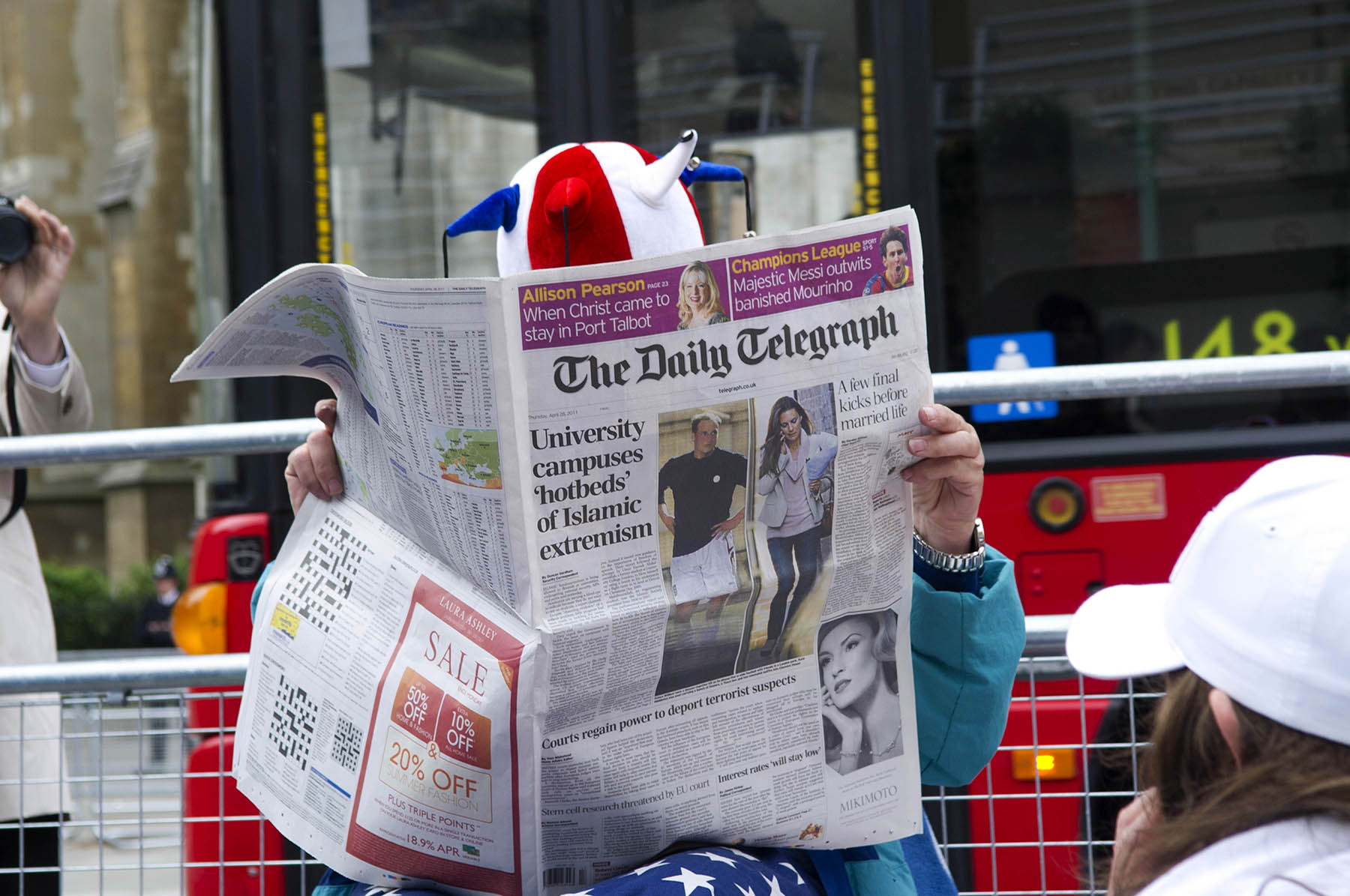

The tradition is closely associated with the “Royalist” spirit—those who hold deep affection for the monarchy and see the royal family as a unifying symbol of national identity. For many, these parties are more than simple celebrations; they are acts of shared pride and continuity, linking generations through a common cultural ritual.


The most notable examples in recent decades include Queen Elizabeth II’s Silver, Golden, and Platinum Jubilees, and the weddings of Prince William and Catherine Middleton, and Prince Harry and Meghan Markle. Streets are often closed to traffic by local councils, giving communities the chance to come together in a way that is both festive and communal.





While opinions on the monarchy vary, royal street parties remain a distinctive expression of British community life—mixing patriotism, nostalgia, and neighbourly connection in a uniquely national tradition.










